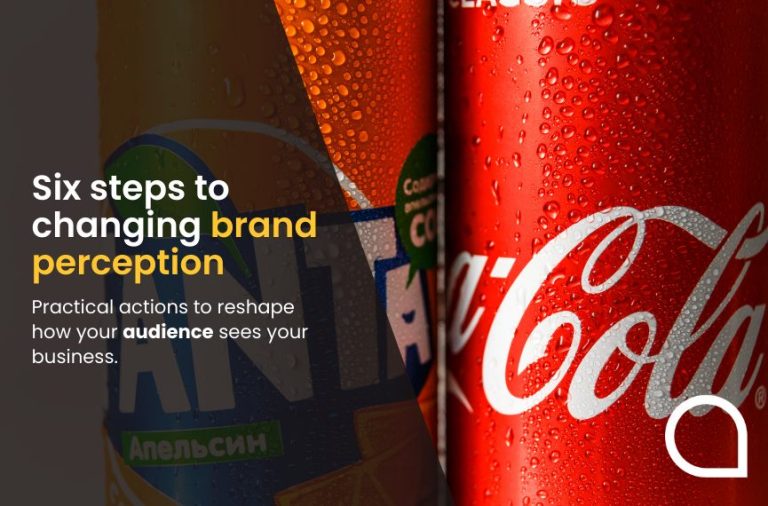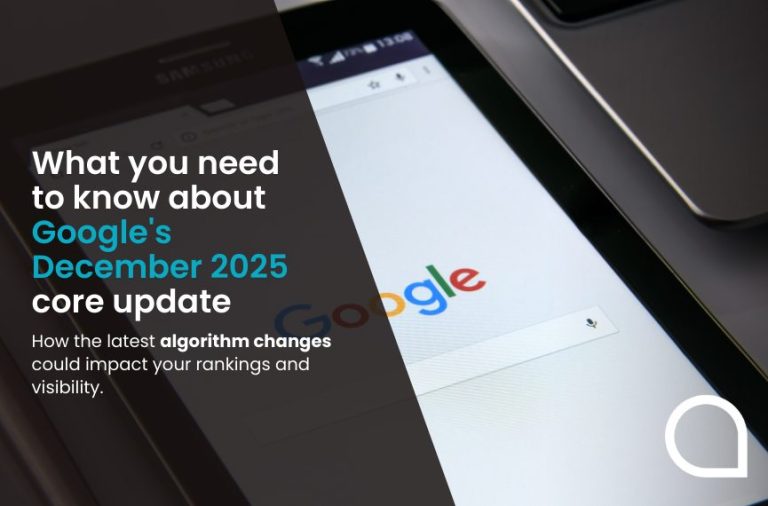
CMA sets sights on Google AI Overviews: What might change for publisher content
The UK’s Competitions and Markets Authority (CMA) has proposed new rules with the aim of loosening Google’s grip on search. Among them is more control
Given the pressure being placed on big Tech companies these days, it was inevitable that they would be looking at solutions to placate the baying voices. Alongside cries for Social Media firms to be considered publishers and thereby be held to account for the content on their platforms, companies like Google have been under attack for allowing inappropriate advertising on its platforms.
From fast food advertisements appearing in children’s videos on YouTube to scam adverts for investment schemes to dodgy digital currency investment, Google has clamped down in many areas of its advertising policy.
To be clear, this is a good thing. Advertising has never been allowed infinite latitude and from the ‘Wild West’ attitudes apparent in the early days of online adverting, now more of the content is in line with previously established codes of conduct, designed to protect consumers and children from harm.
It should come as no surprise then to see the latest email from Google to its advertisers, explaining a new policy of ‘three strikes’ aimed at enforcing its advertising rules. As Google makes these rules and everyone has to agree to abide by them in order to place advertisements on their platforms, this makes complete sense. Previously toothless, this now gives real bite to the enforcement of the advertising rules in place to protect us all.
This is all good you may think, they can now not only have rules to keep us safe, but enforce the application of those rules. On the face of it, clearly a good thing, so what could possibly go wrong?
Here’s what the email about this new policy says:
Dear Advertiser,
In September 2021, Google will introduce a new strike-based system to enforce against advertisers who repeatedly violate Google Ads policies. We will begin implementing the strike-based system on Sep 21, 2021, with a gradual ramp up over a period of 3 months, for the following policies: Enabling dishonest behavior, Unapproved substances, Guns, gun parts and related products, Explosives, Other Weapons, and Tobacco. The policy coverage of the strike-based system will be expanded to add additional policies in phases over time and advertisers will be notified each time new policies are brought within scope of the strike-based system.
Please note that this update does not impact the account suspension procedures for egregious Google Ads policy violations.
What’s changing:
To help ensure a safe and positive experience for users, Google requires advertisers to comply with Google Ads policies. As a part of the Google Ads enforcement system, Google will begin issuing strikes to advertisers, which will be accompanied by email notifications and in-account notifications to encourage compliance and deter repeat violations of our policies.
An advertiser’s first policy violation will only result in a warning. But advertisers will earn their first strike if we detect continued violation of our policies. Advertisers will be able to receive a maximum of three strikes, and the penalties applied with each strike will progressively increase. Temporary account holds will be applied for the first and second strikes (for 3 and 7 days respectively), while the third strike will result in an account suspension.
An advertiser placed on a temporary account hold will be required to remedy the violations in question and to submit an acknowledgement form to resume serving ads. Following this acknowledgement, their account will be released from the temporary account hold state either 3 days after the first strike was issued, or after 7 days for a second strike. Advertisers can also appeal a strike decision if they believe it was issued in error. Ads will resume serving immediately after successfully appealing the strike. Accounts will remain on temporary hold if no action is taken by the advertiser to either acknowledge or appeal a strike. Strikes will remain on the Google Ads account for 90 days unless they’re successfully appealed.
Accounts suspended following a third strike will not be able to run any ads or create new content unless the suspension is successfully appealed. Learn more about suspended accounts.
Thank you for your cooperation.
Sincerely,
The Google Ads Team
At first glance this seems a well thought through and measured response to the attempts by some nefarious characters to hijack and abuse the Google ads system. A ‘three strike’ approach gives ample opportunity for firms that inadvertently stray from the rules to correct their behaviour and to return to the ‘straight and narrow’.
Google has set itself up as judge, jury and executioner with this new policy and as this is their advertising platform, using their rules, why not?
Well, because despite its moderate sounding language with reassuring timescales, breaks and appeals process, like everything Google does these days, the problems will be the clash between man and machine.
I’ve long held that ‘Google is just a machine’; in fact it’s my Rule 1 about dealing with Google, and with so much advertising going through its platforms these days its not something a human can deal with. Recent reports like this one show that in the last quarter Google search posted revenues of $35.8 billion and with that much money flowing into a Company, automation is essential.
This, however, is where Google falls down. It relies on machines to do so much of this work and it relies on clever systems to spot transgressions. These machines will be the ones overseeing the new rules, spotting the advertisements that breach policy and automatically adding the strikes to a customer account. But if this system is anything like their other systems, appealing the decision will be a nightmare.
Already experienced Google users will know that when it’s good, it’s very very good, but when things go wrong it’s a nightmare. Most of the time there’s no way to speak to a human being. Sure, you can appeal things that go wrong, but only by filling in a form and waiting three days. If your business is going down the tubes because someone who has never dealt with you has posted defamatory comments beneath your Google My Business listing, you have to fill in a form and hope that they will do something about it before its too late.
If, like us, you have issues with a paid advertising account, trying to speak to someone can be extremely hard, and we’re an approved Google Partner Agency and have been since 2013. Despite having an access point, getting to a human that can help can be impossible on occasions. And I have to confess, in the past there have been times when we’ve simply given up.
Take, for example, one of our customers who started getting warnings on their Ads account over three years ago. These warnings said, is essence, that your advert is disapproved because you breaking our policies.
Three years on, these warnings still appear. This is despite numerous attempts to fix it, an escalation to the review teams and a formal letter from their Industry body to Google. And Google even agreeing that it was a computer issue and that these warnings were false flags. But still they get them, every month and always about the same thing.
Their issue? One word in their advertising can be used to describe two different things. This is not unusual in the English language and native speakers generally recognise homonyms from the context in which they are used. As an example, if I told you ‘my dog likes to bark at bark when we go for a walk in the forest’, you’d know what I mean. But can a machine make sense of this? Apparently not, as evidenced by the warnings our customer still gets, to this day.
According to the machine, their ads are still ‘enabling dishonest behvior’[sic] despite doing nothing of the sort. I’ve had to anonymise the customer and their issue as the despite with Google is still ongoing, but why should anyone have to spend three years of their life fighting a machine? It’s soul destroying.
And this is why the new announcement from Google fills me with dread. I appreciate that it is being done for the right reasons and that the people working within Google have though this through. I also appreciate that it will stop large swathes of those who attempt to hijack Google search for nefarious means. But I worry greatly about the collateral damage about to be done to firms on the periphery. Our customer relies almost solely on paid advertising to survive every month. If ‘computer says no’ three times under this new system and their account is blocked, it will destroy a thirty year old successful business employing dozens of staff. Despite the appeals process and the honest attempts by Google to reassure people that this is a good thing, they have forgotten to include Murphy’s Law; ‘if it can go wrong, it will’.
And when it does, all that will be left to do is to rage against the machine.

The UK’s Competitions and Markets Authority (CMA) has proposed new rules with the aim of loosening Google’s grip on search. Among them is more control

Unsure whether to promote your business through marketing or public relations (PR)? Give PR and marketing are closely related and work in tandem, it can

Has your business been impacted by a costly PR crisis? Or perhaps negative reviews have affected your wider brand image? No matter the type of

Whether it’s attracting higher-quality talent or securing sought-after partnerships, most brands recognise the real value that digital PR (public relations) can bring to their business.

Completed at the very end of December 2025, Google snuck in its final update for the year – culminating in a hat-trick of core updates

Struggling to unlock the full potential of your business and kickstart growth? Public Relations (PR) could be the key. Often used to build a positive